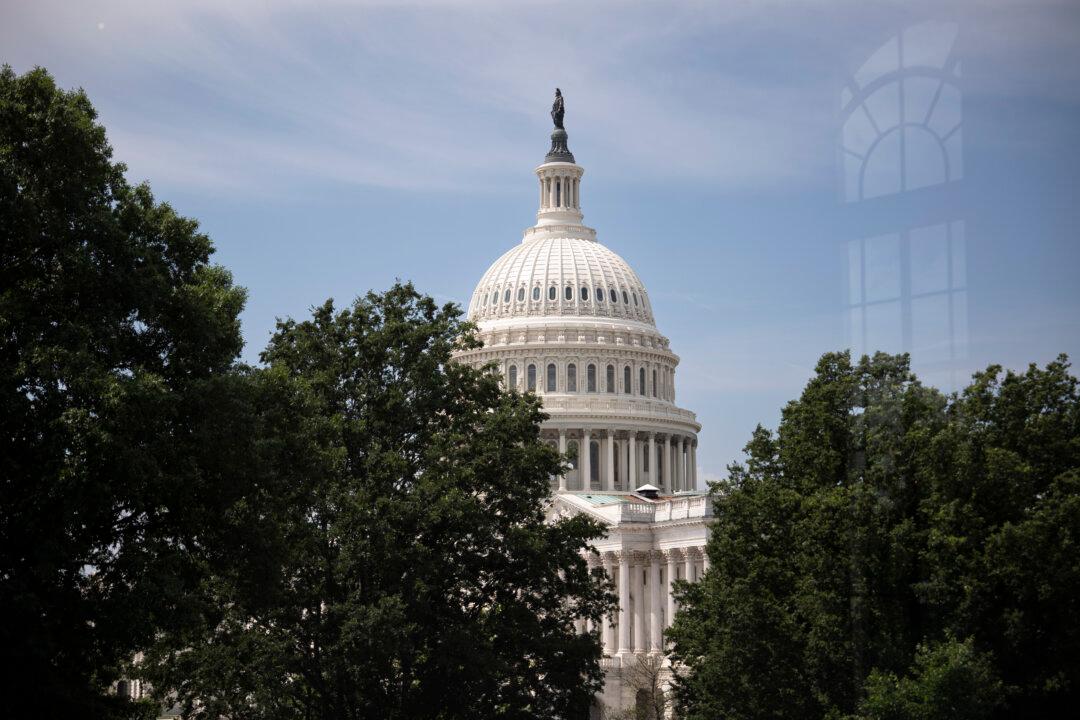The U.S. Senate passed an amendment to the annual defense bill on Thursday that would ban oil exports to China from the nation’s Strategic Petroleum Reserve (SPR), which sits half empty after President Joe Biden ordered a drawdown to reduce soaring inflation.
The amendment, spearheaded by Sens. Ted Cruz (R-Texas) Joe Manchin (D-W.V.) passed the upper chamber in a vote of 85-12 on July 20.





